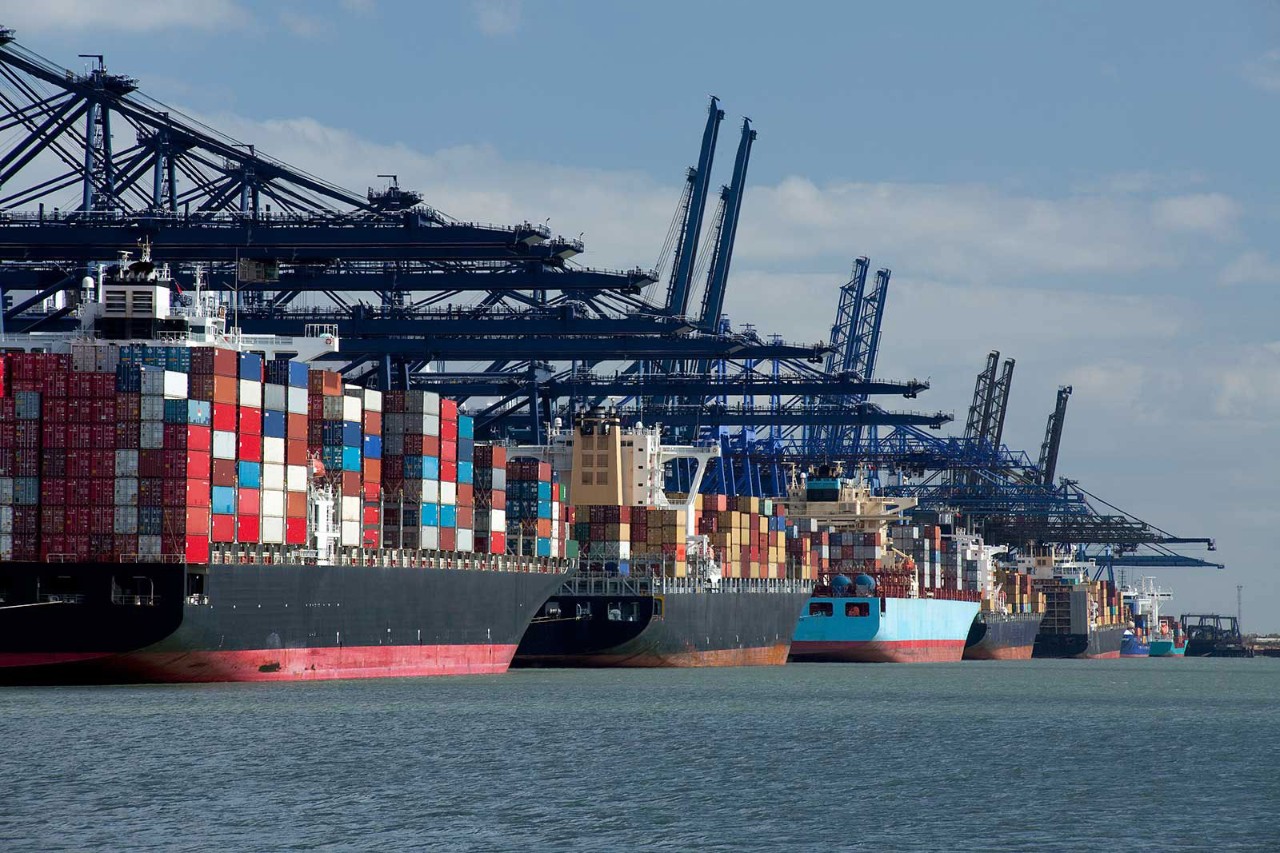
Supreme audit institutions (SAIs) are independent entities that audit a government’s revenue and spending, ensuring transparency and accountability. They provide oversight of the performance of government bodies and ministries in using public funds efficiently and as intended. But to sustainably enhance their capabilities and performance over time, SAIs rely on the skills and expertise of talented leaders who drive positive change.
This is where the SAI Young Leaders (SYL) initiative comes in. Launched in 2017, it is run by the INTOSAI Development Initiative, a body of the International Organization of Supreme Audit Institutions (INTOSAI), which supports the capacity development of SAIs primarily in developing countries.
‘These young leaders have a lot of fresh ideas and things they want to do’
Focus on strategy
‘These young leaders have a lot of fresh ideas and things they want to do,’ explains Jade Quarrell, senior capacity development manager at the INTOSAI Development Initiative. ‘We try to equip them with the skills to make those changes.’
Young leaders focus on a proposed change strategy that they would like to implement, alongside face-to-face training and coaching, as well as online webinars and talks. The syllabus covers a range of topics, from emotional intelligence and leadership to coaching and negotiating skills. The young leaders are mentored by a coach within their own organisation, who helps them to get the buy-in and resources they need to implement their change strategy.
The experiences of the SYL initiative’s 2022-23 cohort highlight the difference it makes to both young leaders and their organisations. David Kamanza, a principal auditor in the system assurance and data science department in the Office of the Auditor-General in Kenya, joined SYL because he wanted to develop his personal and strategic skills, and meet other young leaders from around the world. His change project focuses on mentoring data champions to help other staff develop robust data analytics skills. So far, around 60 champions have been trained.
Journey of discovery
David believes that one of the main ways he’s benefited from the initiative is through self-discovery. ‘As a leader, you’ve got to discover yourself so that you can lead people effectively,’ he says. He has also valued hearing the perspectives of other leaders from different countries.
‘SYL will help me to improve my work, my relationships and the overall atmosphere in our workplace’
For Baiba Bebre, a senior auditor and lawyer with Latvia’s State Audit Office, the key attractions were the opportunities to achieve personal growth and bring value to her employer. ‘It provides a structure for how you can introduce new changes, and the tools and systems to do so,’ she says.
Baiba’s project concerns the United Nations’ 17 Sustainable Development Goals (SDGs). With the implementation deadline of 2030 looming, she looked at how her organisation can introduce the SDGs into its internal processes, starting with the criteria for risk analysis and the determination of audit topics.
Baiba created a roadmap by gathering and distilling the available information around SDGs, including advice on how auditors should approach them during audits. She also produced a data matrix that would enable the State Audit Office to measure its impact.
‘SYL has given me a tremendous amount of very practical information in relation to change management, emotional intelligence, risk management and team management,’ Baiba says. ‘It will help me to improve my work, improve my relationships with colleagues, and improve the overall atmosphere in our workplace.’
Environmental angle
The SYL initiative is well known and respected in the Maldives, according to Mohamed Ibrahim Jaleel, who manages the environmental audit unit for his country’s Auditor General’s Office. Colleagues recommended it to him, and he found that it fitted well with his own role, which was to bring change to the organisation.
Jaleel’s project focused on building up his employer’s capacity to conduct environmental audits. He did this by launching a year-long development initiative that would turn his team of four into ‘polished environmental auditors’. This initiative consisted of staff participation in a structured training course, and a PADI diving certification to ensure the auditors were comfortable navigating the underwater environment. Training also covered data analytics, geographic information systems and first aid.
‘The scheme helps you to think about how you can be a better leader and empower your team’
Through the process of participating in the SYL initiative, as well as implementing his project, Jaleel has grown as a leader. ‘In a very guided way, SYL helps you to think about how you can be a better leader, bring the best of yourself to your team, and empower your team,’ he says. ‘You also become part of a community, with amazing colleagues and mentors around the world.’
Next-gen leaders
Jade believes that a major benefit of the initiative is that it gives the participants a chance to discover themselves while honing their leadership skills. ‘They look at their personal skills,’ she says, ‘and they look at how they relate to others and how they manage teams.’ Meanwhile, the SAIs benefit from seeing change projects implemented and having leaders with enhanced strategic-thinking skills.
SYL stands out as an example of best practice for developing skills and talent within the public sector, particularly government audit. ‘It’s very focused on the public sector ethos,’ Jade notes, ‘and it focuses on the leaders’ careers as individuals, as well as their contributions to the organisations where they work.’
More information
Application for the 2024 SAI Young Leaders initiative is now open. If you’d like to take part, contact IDI’s SYL team at syl@idi.no.



